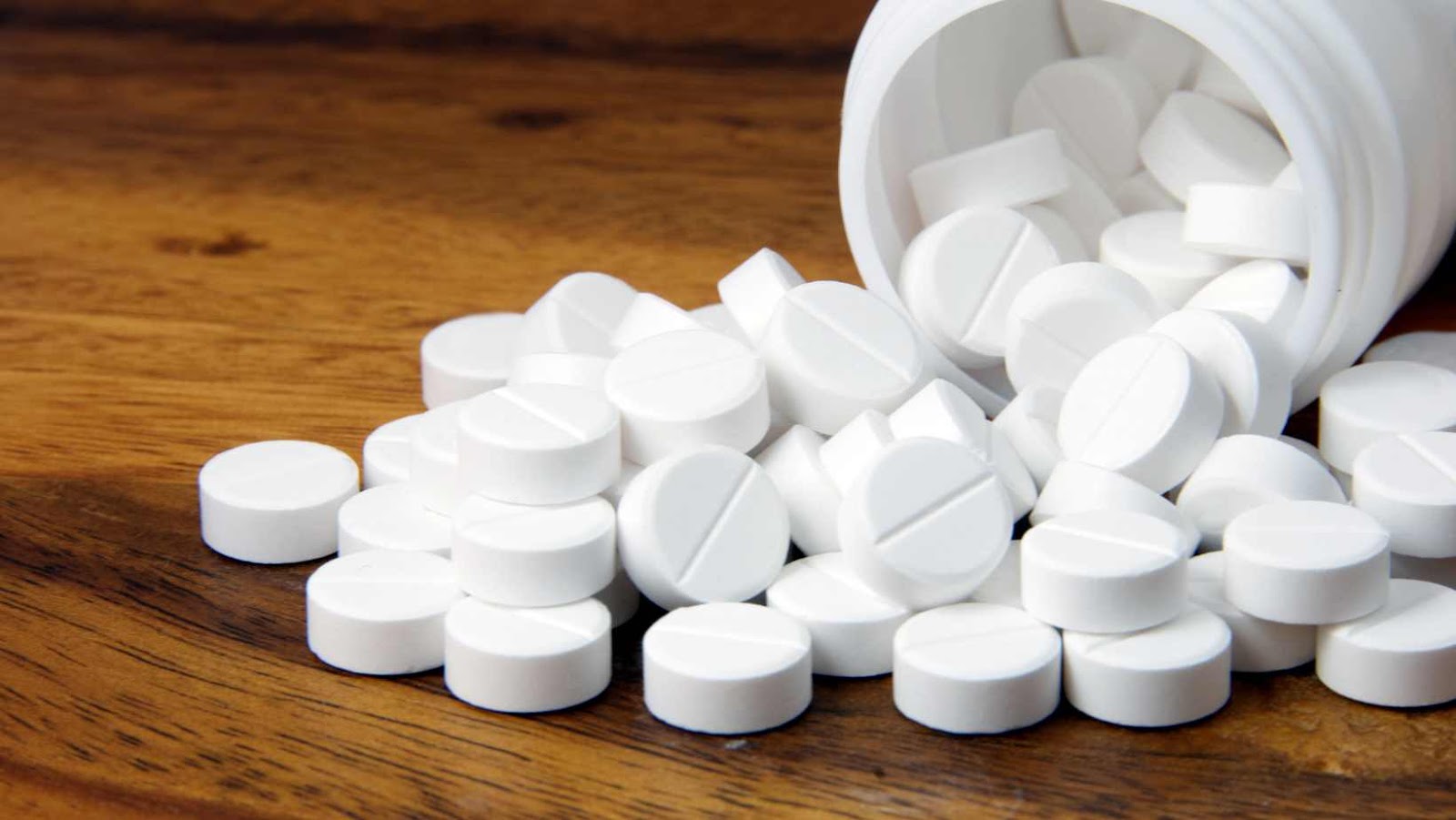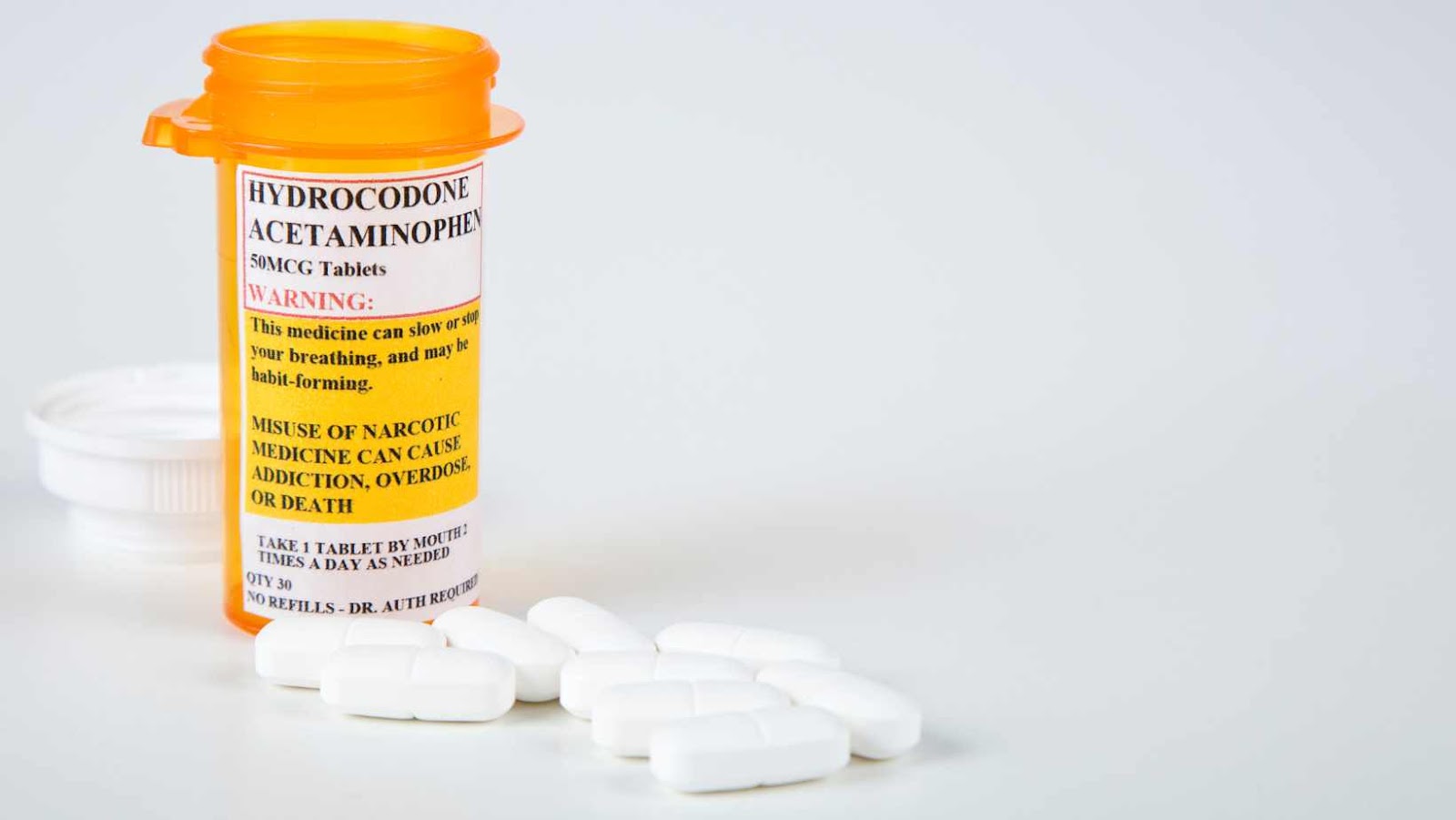Acetaminophen can be taken on an empty stomach without any risks. This makes it a versatile over-the-counter medication often used for pain and fever relief.
Unlike other pain relievers, such as ibuprofen or aspirin, acetaminophen is not known to cause stomach irritation, inflammation, or bleeding.
However, taking acetaminophen with food may slow down its absorption rate, which can delay its onset of action. On the other hand, taking acetaminophen on an empty stomach can result in faster absorption and quicker onset of action, making it a preferred option for those needing immediate pain relief. If you experience any stomach upset while taking acetaminophen on an empty stomach, it’s best to take it with a light snack or after a meal.
The Basics of Acetaminophen
Acetaminophen (also known as paracetamol) is a popular over-the-counter medication used to relieve pain, reduce fever, and control inflammation. It is available in both prescription and non-prescription forms, and is known to be safe and effective when used correctly.
This article will discuss the basics of acetaminophen, when it should and should not be taken, and the potential risks associated with taking it on an empty stomach.
What is Acetaminophen?
Acetaminophen is a common medication used for pain relief and fever reduction. It works by blocking certain chemicals in the brain that signal pain or inflammation.
The medication is often used to treat headaches, arthritis, toothaches, and menstrual cramps, among other conditions. One important thing to note is that taking acetaminophen on an empty stomach can increase the risk of liver damage. It is generally recommended to take it with food and avoid drinking alcohol while using the medication to reduce the risk of adverse effects.
In case of an overdose or symptoms such as nausea, stomach pain, or loss of appetite, seek medical attention immediately.
Can i Take Acetaminophen on an Empty Stomach
Acetaminophen works by blocking the production of prostaglandins, which are chemicals that cause pain, inflammation, and fever in the body. This medication reduces pain by increasing the body’s pain threshold and brings down fever by acting directly on the hypothalamus, the part of the brain that controls body temperature. It is best to take acetaminophen with a meal or a light snack to prevent stomach irritation. Taking acetaminophen on an empty stomach can increase the absorption of the drug, which can lead to liver damage or other serious side effects. It is also essential to avoid alcohol when taking acetaminophen as it can increase the risk of liver damage.
Pro tip: Always read the label on the medication and follow the dosage and administration instructions carefully to avoid any adverse effects. If your symptoms persist, seek medical attention promptly.
Common Brand Names For Acetaminophen
Acetaminophen is a common over-the-counter pain reliever and fever reducer, sold under several different brand names. Some of the most well-known brand names for acetaminophen include Tylenol®, Panadol®, and Excedrin®.
Acetaminophen is easily available in tablet, capsule, liquid, and chewable forms. It can be taken with or without food, but taking it on an empty stomach may increase the absorption and effectiveness of the medication. However, taking it in excess or for a prolonged duration, especially without a medical prescription, can lead to liver damage and other harmful side effects. Consultation with a healthcare professional is highly recommended before consuming acetaminophen or any other medication.
The Role of The Stomach in Medication Absorption
Medication absorption is an important concept when it comes to taking medications. The stomach plays a key role in this process, as its acidity and other elements can affect how quickly a drug is absorbed into the body. This article will explore the role of the stomach in medication absorption, particularly when it comes to acetaminophen and an empty stomach.
How Does The Stomach Work?
The stomach is a muscular organ that plays a crucial role in the digestive system. It is responsible for breaking down food into small particles and mixing it with digestive juices to produce a liquid called chyme. The chyme is then emptied into the small intestine where further digestion and absorption take place. When it comes to medication absorption, the stomach plays a vital role. Take the example of acetaminophen, for instance. When ingested, acetaminophen is absorbed in the stomach and then enters the bloodstream. However, taking acetaminophen on an empty stomach may result in faster absorption and stronger effects, whereas taking it with food may result in slower absorption and weaker effects, as the food may interfere with the drug’s ability to dissolve and get absorbed in the gastrointestinal tract. Therefore, depending on the medication you are taking, it’s essential to understand how the stomach works and how it affects the drug’s absorption to ensure optimal efficacy and avoid any adverse effects.
Pro tip: Always read the label on your medication to determine if it should be taken with or without food, and consult your healthcare provider if you have any concerns.
What is The Impact of an Empty Stomach on Medication Absorption?
Taking medication on an empty stomach can significantly impact its absorption and effectiveness. This is especially true for acetaminophen, a common over-the-counter pain reliever.
Here’s how an empty stomach affects medication absorption:
| Empty stomach | Full stomach |
| Acetaminophen is rapidly absorbed on an empty stomach, reaching peak plasma concentrations within 30 minutes to 1 hour. | Acetaminophen absorption is delayed in the presence of food, reaching peak plasma concentrations within 2-3 hours. |
Additionally, taking acetaminophen on an empty stomach can increase the risk of side effects, such as stomach upset and liver damage.
It is always recommended to follow the instructions provided by your healthcare professional or medication label to ensure optimal absorption and avoid potential side effects.

Other Factors Affecting Medication Absorption
While an empty stomach may speed up the absorption of acetaminophen, there are other factors that can impact medication absorption.
| Food | Time of day | Health conditions | Drug interactions |
| Some medications, like antibiotics and blood thinners, need to be taken with food to increase their absorption and prevent stomach irritation. Other medications, like cholesterol-lowering drugs, must be taken on an empty stomach to be effective. | Certain medications, like blood pressure drugs and asthma medications, work best when taken at specific times of the day to align with the natural rhythms of your body. | Health conditions like diabetes, irritable bowel syndrome, and acid reflux can all affect medication absorption and require adjustments in medication dosages and timing. | Some medications can interact with each other, affecting absorption rates and increasing the risk of adverse side effects. |
It’s important to talk to your doctor or pharmacist about the best way to take your medication to ensure optimal absorption and effectiveness.
Taking Acetaminophen on an Empty Stomach
Acetaminophen is a common pain reliever that can help with headaches, muscle aches, or other minor discomfort. When taking acetaminophen, it is important to know whether or not it should be taken on an empty stomach. In this article, let’s explore the pros and cons of taking acetaminophen on an empty stomach.
What Happens When You Take Acetaminophen on an Empty Stomach?
Taking Acetaminophen on an empty stomach can lead to increased absorption and metabolism of the drug, which can result in quicker onset and stronger effects. However, taking medication without food can also increase the risk of side effects.
| Here’s what happens when you take Acetaminophen on an empty stomach: |
| -The drug is absorbed more quickly into the bloodstream. |
| -The liver metabolizes the drug at a faster rate, leading to stronger and faster effects. |
| -There is a higher risk of liver damage due to the increased metabolism of the drug. |
It’s best to take Acetaminophen with food, especially if you have a history of liver problems or plan to take the medication for an extended period. Additionally, it’s important to follow the recommended dosage and avoid taking more than directed.
Risks Associated With Taking Acetaminophen on an Empty Stomach
Taking Acetaminophen on an empty stomach can increase the risk of certain side effects and potential health risks. Acetaminophen is an over-the-counter medication commonly used to relieve pain and reduce fever. When this medicine is taken on an empty stomach, it can cause harm to your liver and increase the risk of liver damage. Additionally, using Acetaminophen on an empty stomach can lead to stomach irritation, nausea, and vomiting.
To minimize these risks, it is recommended to take Acetaminophen with food or after eating a meal. This helps to slow down the absorption of the medication and protect your stomach and liver from potential damage. If you have difficulty tolerating Acetaminophen or have a history of stomach problems, it is best to consult with your doctor before taking the medication.
Alternatives to Taking Acetaminophen on an Empty Stomach
Taking acetaminophen on an empty stomach can cause irritation, nausea, and other digestive symptoms. However, there are alternatives to taking acetaminophen on an empty stomach.
Here are some options:
| 1. Take acetaminophen with food or milk to reduce stomach irritation. |
| 2. Use a different pain reliever, such as ibuprofen, that may be better tolerated on an empty stomach. |
| 3. Use a topical pain reliever, such as a cream or gel, as an alternative to oral medications. |
| 4. Use natural remedies, such as massage, heat or cold therapy, and acupuncture, to reduce pain and inflammation. |
It’s important to talk to your healthcare provider before making any changes to your medication regimen or using new pain relief methods. Pro Tip: Avoid taking acetaminophen regularly on an empty stomach to reduce the risk of digestive problems.

When to Take Acetaminophen
Acetaminophen is an effective pain reliever and fever reducer. It is available both over-the-counter and as a prescription. In order to gain the full effect of the medication, it is important to understand when to take it.
Let’s dive into the details surrounding when it is safe to take acetaminophen on an empty stomach.
Ideal Timing For Taking Acetaminophen
Acetaminophen should be taken with food, as it can irritate the stomach lining on an empty stomach.
It is best to take acetaminophen after a meal or with a small snack to prevent stomach irritation and improve absorption.
Additionally, it is important to follow the recommended dosage guidelines to avoid overdosing, which can lead to liver damage and other adverse effects.
The ideal timing for taking acetaminophen varies based on the individual and the reason for taking the medication.
Always consult your healthcare provider before taking any medication and follow their instructions for timing and dosage. Pro tip – Never exceed the recommended dose of acetaminophen, especially if you have preexisting liver disease or are a heavy drinker.
How Long Does Acetaminophen Take to Work?
Acetaminophen typically takes 30 minutes to start working, with peak effects occurring after 1-2 hours. It is recommended to take the medication with a snack or meal to minimize stomach upset, although it can be taken on an empty stomach.
Here are some guidelines for taking Acetaminophen:
| Take Acetaminophen with a snack or meal to reduce the risk of stomach upset. |
| Drink plenty of water when taking Acetaminophen, as it can cause dehydration. |
| Read the label carefully to determine the appropriate dosage and frequency of Acetaminophen. |
| Do not exceed the recommended dosage or take Acetaminophen for longer than recommended without consulting a healthcare professional. |
| If you experience severe or persistent symptoms, seek medical attention immediately. |
Dosage And Frequency Guidelines
Dosage and frequency guidelines are essential when taking acetaminophen to ensure its safe and effective use.
The proper dosage of acetaminophen for adults is 650-1000mg every 4 to 6 hours, not exceeding 4,000mg per day. For children, it is best to consult with a healthcare provider for the correct dosage.
Taking acetaminophen on an empty stomach can increase the rate of absorption and reduce the time it takes for the medication to take effect. However, taking the medication with food can help reduce stomach irritation and discomfort, especially for those with stomach ulcers.
It is important to never exceed the maximum daily dosage of acetaminophen, as it can lead to liver damage or failure. Before taking acetaminophen, consult with a healthcare provider to determine the proper dosage and frequency for your individual needs.
Pro tip: Always read and follow the dosing instructions on the medication label and talk to a healthcare provider if you have any questions or concerns.
